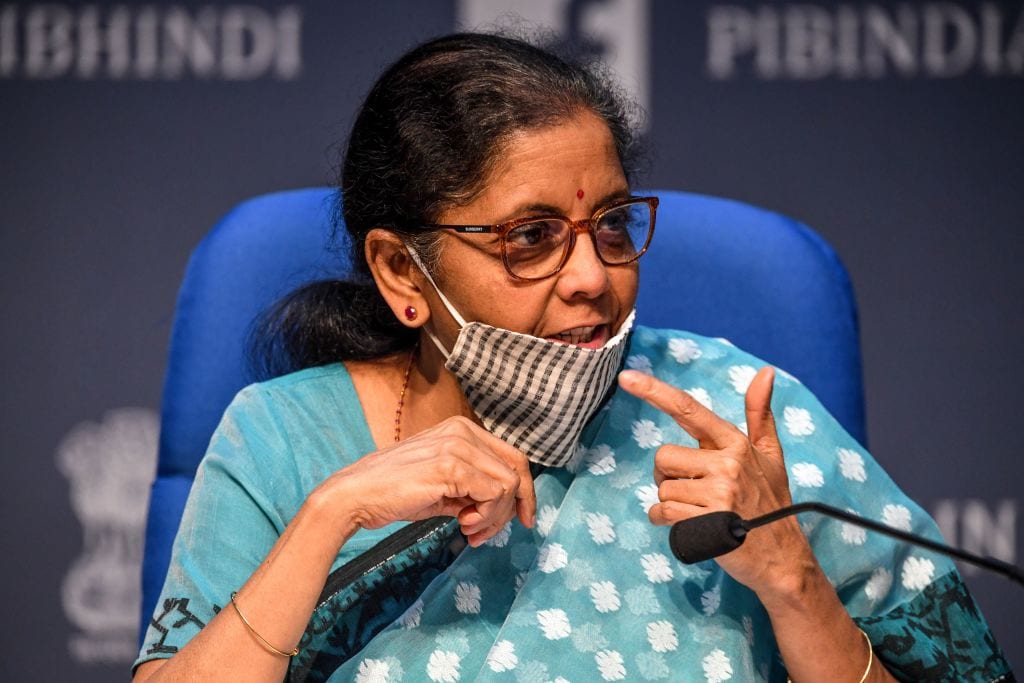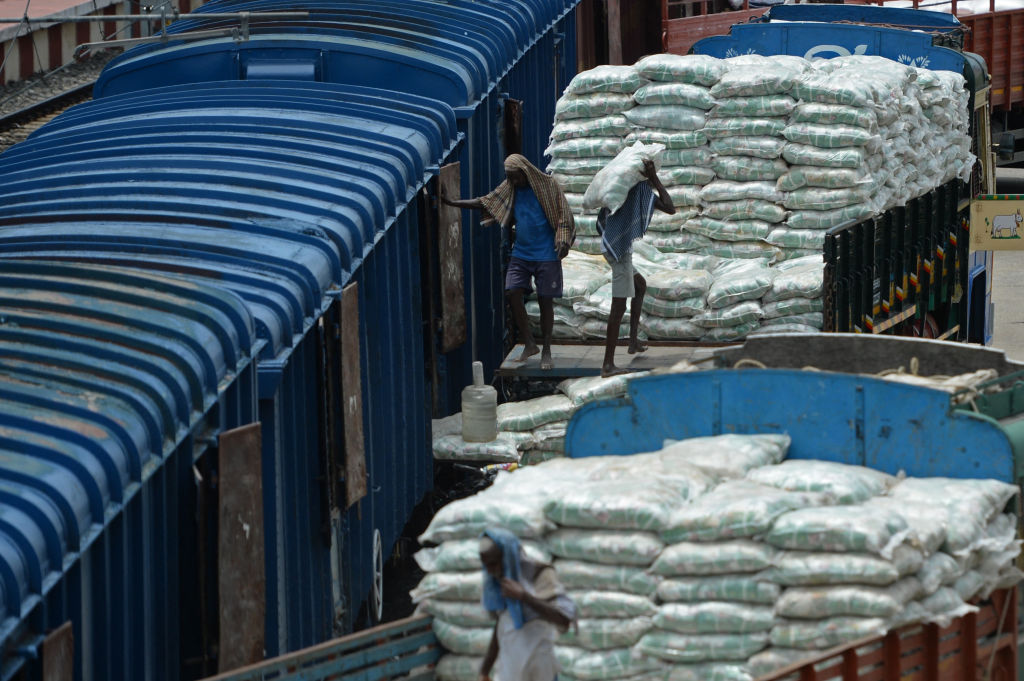- Friday, May 03, 2024

By: Shubham Ghosh
INDIAN finance minister Nirmala Sitharaman on Monday (28) came up with a slew of measures to revive the pandemic-hit economy. As part of the stimulus package worth $85 billion, she said India will extend federal guarantees on bank loans to small businesses and the health and tourism sectors to weather the effects of the pandemic.
While industry players and business bodies welcomed the overall move, industry leaders and economists said the new loan guarantees would not be sufficient to boost economic growth even if it could provide temporary relief.
ALSO READ: India Inc hails Modi government economy revival package
India finance minister announces $85 billion stimulus to revive economy
Sitharaman said in her announcement that the government would waive visa fees for 500,000 foreign tourists and extend loan guarantees to health, small businesses and tourism amounting to Rs 1.1 lakh crore (around $15 billion).

Unlike advanced economies that offered big stimulus packages for households, India has banked on pumping more state funds into infrastructure, state guarantees on bank loans to businesses that have been hit by the Covid-19 pandemic and giving free food grain to the poor, Reuters reported.
What were the economists feeling about the loan guarantee scheme?
‘Most of the fiscal support is not direct stimulus’
Madhavi Arora, the lead economist at Emkay Global Financial Services told Reuters, “Most of the fiscal support is still below the line and in the form of loan guarantees, and not direct stimulus.”
She said given the limited efficacy of monetary easing, continued countercyclical fiscal policy support and avoiding a premature consolidation remained important.
Aditi Nayar, chief economist at ICRA, the Indian arm of Moody’s, said the new steps would have an effect of around 0.6 trillion rupees ($8.08 billion) on government finances and their success would hinge on offtake or actual spending, Reuters added.
Economists have reduced their growth forecast for the current financial year to 7.5-8 per cent from an earlier estimate of 10-11 per cent amid growing concern about the slow pace of vaccination for the disease and the spread of the Delta variant of the virus.
Industry leaders and opposition members have sought tax cuts on petrol and diesel and cash transfers to the poor to incentivise consumer demand. While India’s economic growth rate picked up between January and March to 1.6 per cent if compared with a year earlier, economists are increasingly pessimistic about the current quarter after the second wave of the infections went up in April and May.
![]()